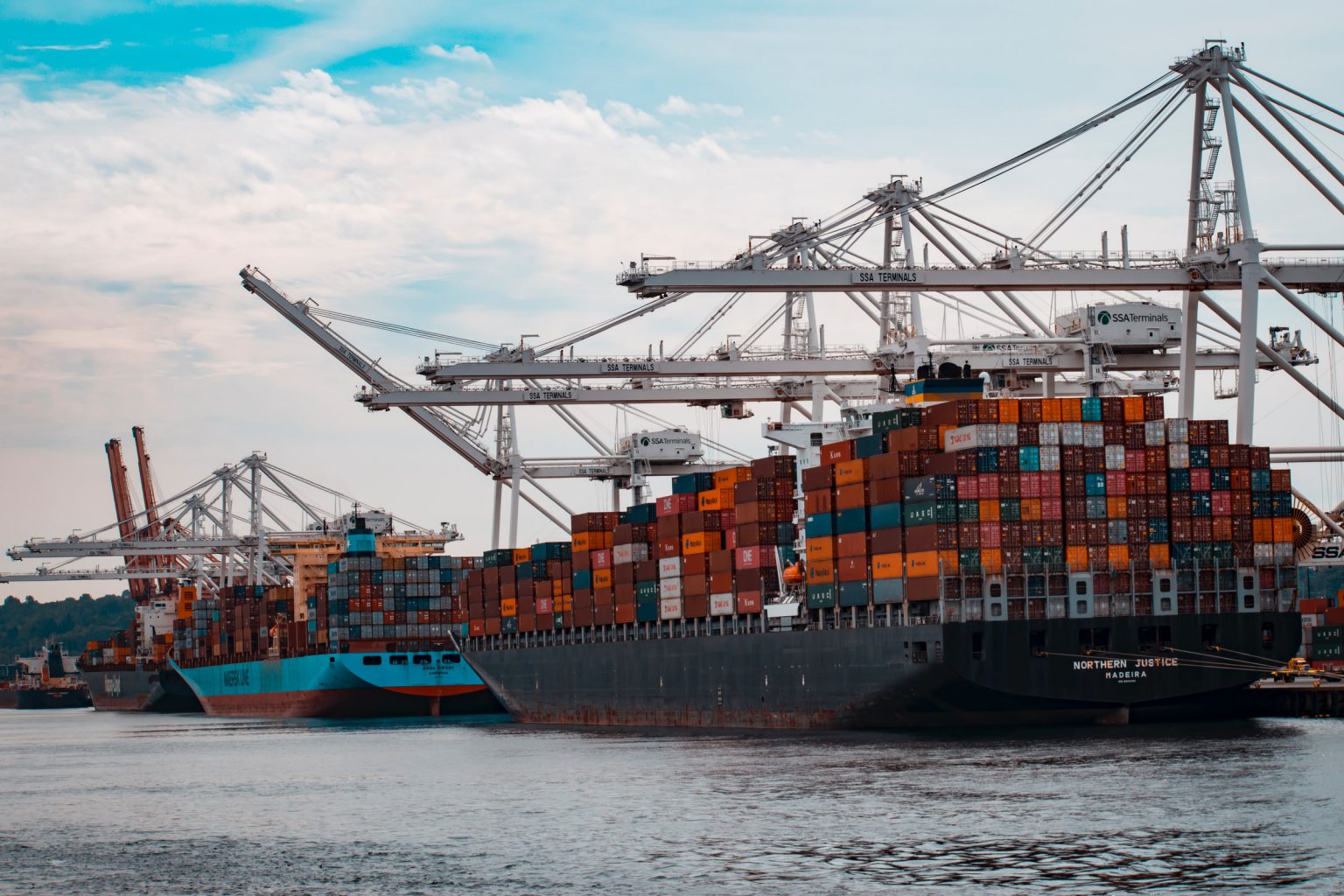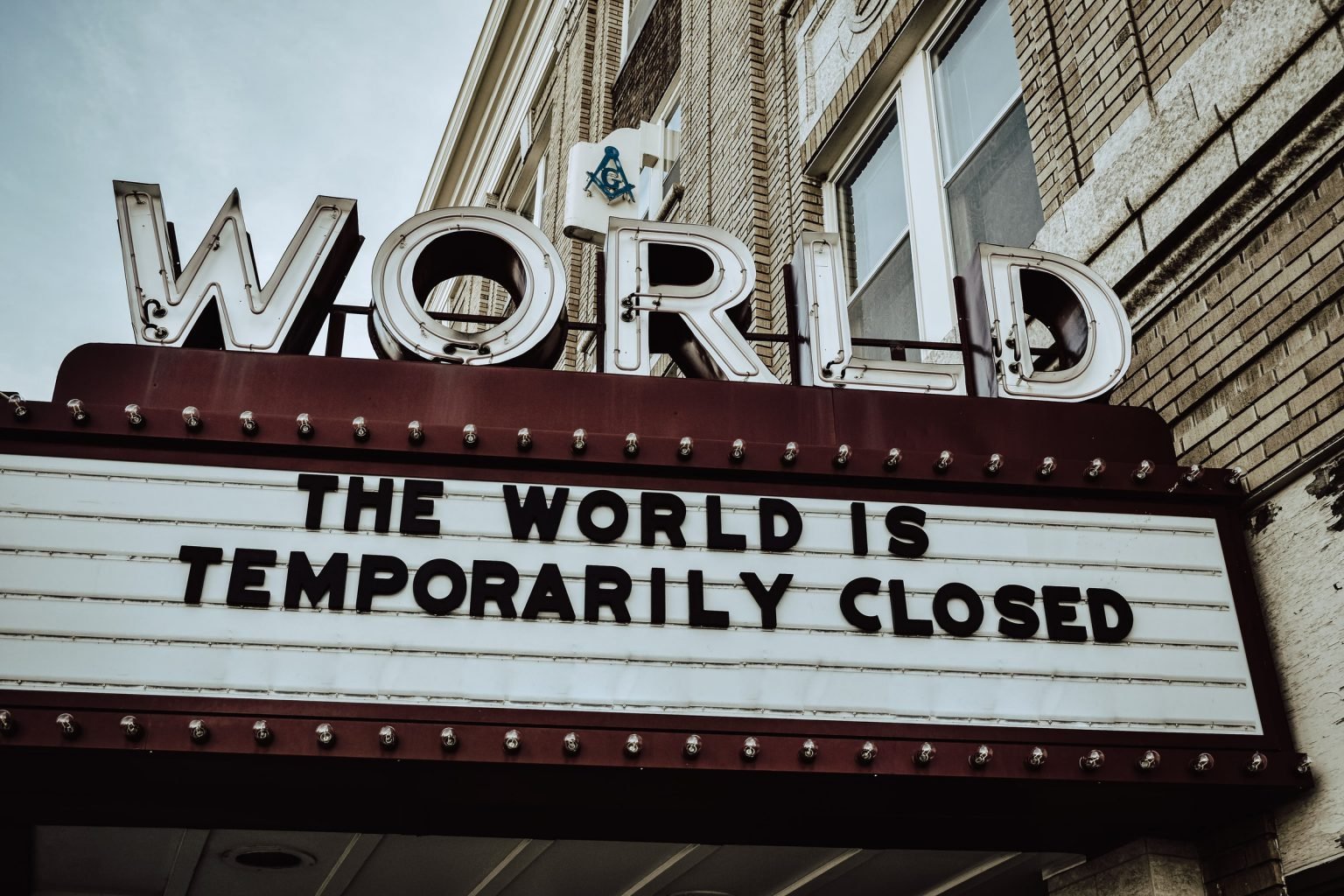Globalization, COVID-19, and Supply Chain Disruption

Globalization is great for business. Technology allows us to make calls, send emails, and board planes in order to attend meetings on the other side of the country and still be home by bedtime. Thanks to the ever-increasing developments in technology we can conduct business on the other side of the planet without leaving the comforts of our home office. As an entrepreneur myself, I could not run my business without the capacity for fast, international trade of goods and services. Yet it is this globalization that is proving to be the largest threat to supply chains during this time of crisis during the COVID-19 pandemic of 2020.
As borders are closed and people are confined to their homes, this virus has given us an excellent opportunity to discuss global dependencies, the effects of a pandemic, other emergency-based supply chain disruptors in the modern supply chain world, and hopefully to begin a very necessary discussion on risk mitigation. It starts with recognizing that international supplier dependency, though beneficial for profit margins, leaves supply chains exposed to risks that can be detrimental to the continuation of business operations.
What is Globalization?
Investopedia defines globalization as the spread of products, technology, information, and jobs across national borders and cultures. From a supply chain management perspective, we are talking about developing a supplier network that produces critical components of the manufacturer’s product outside of the manufacturer’s country of origin. Once upon a time this was simply not feasible. Now, the same improvements that we have been enjoying for the last several decades have made global trade not only possible, but also convenient in many cases.
Is this good or bad, and why does it matter? There are many benefits of developing a global supply chain that are mutually enjoyed by the supplier’s and the purchaser’s country of origin. Some examples include access to natural resources that are necessary for the production of goods, positive economic growth in developing countries, and lower cost human capital.
There are negative affects to consider as well. For example, without ethical checks and balances the benefits previously mentioned can often become harmful to the land and the people in developing regions. Globalization is often the secret sauce that allows for keeping prices low and the product accessible to its target market, however, globalization also creates a dependency on the stable flow of components and goods from places beyond the borders of the geographic target market. Each dependency is a risk. At some point, something will happen that will to affect the supply of goods and materials on a global scale, much like Coronavirus. Wars break out, accidents happen, natural disasters destroy, and international policy interferes.
Globalization and a World-Wide Pandemic
I want to reiterate that my goal is not to sensationalize the current situation. It is, however, to look at current circumstances and ask what we can learn for the benefit of our customers. Enter COVID-19. It is the infamous Coronavirus that playing all kinds of havoc in the stock market and at the grocery store. People are panic buying essentials like toilet paper, hand sanitizer, and food which is causing demand-based shortages. These shortages are the result of people pulling items through the distribution chain faster than what forecasters were able to predict.
Make no mistake, the Coronavirus pandemic is a unique occurrence and the global response is without precedent. The bottlenecks in the supply chain that it is causing, however, are not. In an article from The Hill, Zach Budryk writes:
“A worsening coronavirus outbreak reportedly could threaten shortages of about one hundred and fifty prescription drugs, several of them with no alternatives. China’s role in supplying the ingredients used in medications means that decreased Chinese production capability amid the outbreaks could threaten supplies of the drugs.”
https://thehill.com/policy/healthcare/484276-coronavirus-outbreak-could-cause-shortages-of-150-drugs-report
What is going on? A disaster situation in China is affecting the world’s ability to obtain vital medication. What is the takeaway for supply chain professionals? Too much dependence on global suppliers exposes your business to vulnerabilities and risks that we have to mitigate strategically.
Tsunamis and Red Toyotas
We need a reality check. There is a gaping hole in the armor of major supply chains, and global pandemic is not the only threat. Natural disasters, local epidemics, labor strikes, and political instability are all events that have the potential to derail a smoothly operating supply chain with a moment’s notice.
In 2012 a destructive tsunami hit the shores of Japan. The nuclear power reactor at Fukushima covered by the media was heavily damaged by the catastrophe, but it was not the only structure affected. In an article from The Atlantic Lizzie O’Leary quotes from The Institute of Supply Chain Management CEO Tom Derry with regard to the incident citing that
“you couldn’t buy a red Toyota for months, because the one factory that made red pigment for Toyota was offline.”
https://www.theatlantic.com/ideas/archive/2020/03/supply-chains-and-coronavirus/608329/
There are larger problems than a lack of red Toyotas, but what if this were a critical component of an entire product line that suddenly disappeared? As a consumer it might annoy you, if you even noticed the shortage, but as someone who works for Toyota on this product line this could be devastating for your job and add extra stress to your personal life.
Paycheck to Paycheck
Consider for a moment how many people live within two missed paychecks of failing to make a mortgage payment. Much to miss O’Leary’s point, the current supply chain model that relies heavily on just-in-time delivery, outsourcing, and minimal margins places our businesses, and consequently our livelihoods, in the same dangerous position when we fail to account for these risks.
When uncontrollable circumstances keep a supplier from delivering a crucial component of the final product, your business has to react. Depending on cash flow, availability of substitute components, and the understanding of your customers, the results could be disastrous for you, your company, and those who normally purchase your goods and services. As we move forward from the COVID-19 pandemic, supply chain professionals need to give consideration to this reality.
Putting It All Together
The topic of globalization can be extremely emotionally charged. It is often a discussion that takes places along clearly defined political party lines. There is a temptation here to throw personal attacks and engage in group think, neither of which are helpful.
What we need is to have an honest conversation about strategic supply chain management as we move forward from COVID-19 in the business world. There will always be risks in business. It is often said that without risks there are no rewards. While that is partially true, many executives have a job because businesses must anticipate risks and deal with them at the tactical and strategic level.
From the perspective of a supply chain professional, we need to consider international supplier dependencies as a risk. The Coronavirus pandemic is shedding light on many strategic weaknesses, and now supply chain professionals have to pause and think about what we are going to do with the information that is coming to light.
Supply chains are complex. There is no magic solution that will solve the problems of every supply chain overnight. However, for the sake of our loved ones, we supply chain professionals must begin the discussion on strategically managing the risks that comes with an overdependence on international trade because it is only a matter of time until the next supply chain disruptor starts to play havoc.

